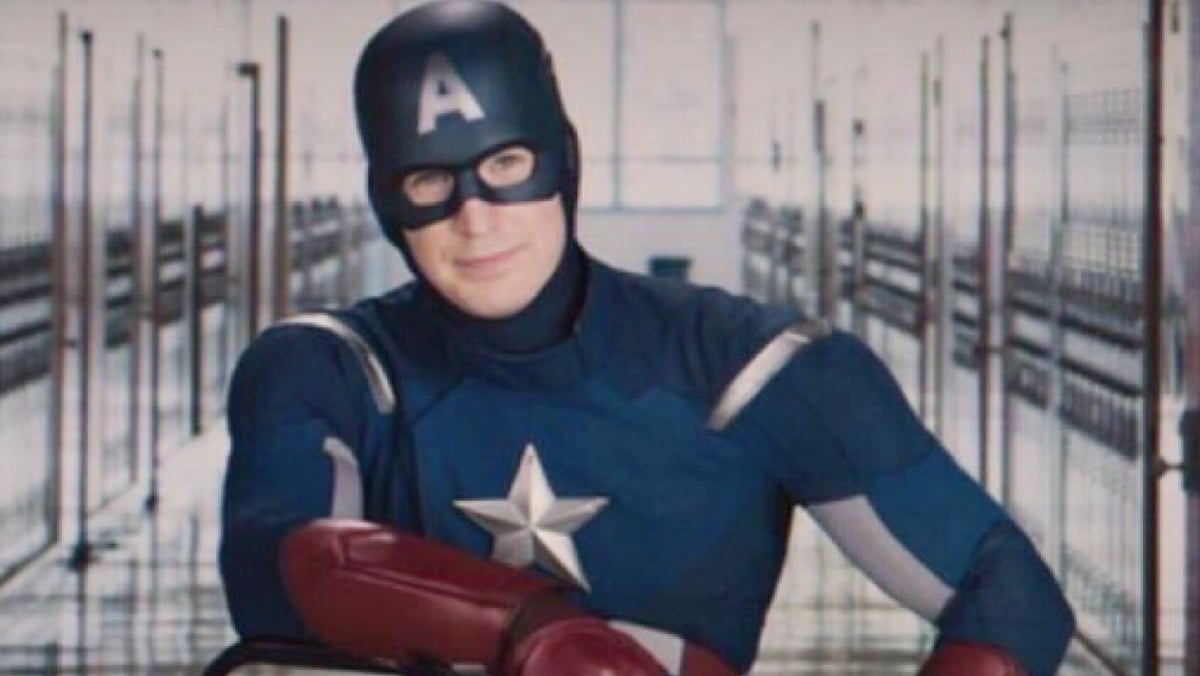Psychologist Sharon Lamb thinks that todays superheroes send the wrong messages to young boys.
There is a big difference in the movie superhero of today and the comic book superhero of yesterday… Today’s superhero is too much like an action hero who participates in non-stop violence; he’s aggressive, sarcastic and rarely speaks to the virtue of doing good for humanity. When not in superhero costume, these men, like Ironman[sic], exploit women, flaunt bling and convey their manhood with high-powered guns.
The comic book heroes of the past did fight criminals, she said, “but these were heroes boys could look up to and learn from because outside of their costumes, they were real people with real problems and many vulnerabilities,” she said.
In response to her statement, you could ask “Have superheroes really changed over time?” (Yes, everything does.) “Is there something about movies that requires superheroes to become more violent?” (No, they’re just as violent if not more in current comics.) and even “Why is it a problem that superheroes are no longer clear cut examples of heroism?” (Who knows.)
But all of those questions allow Dr. Lamb to stand unopposed on one fundamental assertion: that all superheroes are for children.
But first, a tangent: “real people with real problems and many vulnerabilities,” who speak “to the virtue of doing good for humanity.” Has anyone seen Batman Begins or The Dark Knight? The first two X-Men movies? Spider-Man? Hancock? Even Iron Man 2, the only superhero movie that fits her description, does a pretty good job of showing that Tony Stark is a man with a serious problem, and not a hero we should take a face value.
Back To My Point
While the superhero genre has well established tropes and rules, any genre can accommodate tonal shifts. No one would imply that Animal Farm represents a corruption of the talking animal genre of children’s literature. Fantasy doesn’t get called out for telling morally ambiguous stories.
There are comic book superheroes for kids, yes. Captain Marvel has had a kid oriented series lately, and then there’s Batman: The Brave and the Bold, and others. But the majority of comic book superheroes haven’t been written for small children for twenty years now.
When good, they are full of morally ambiguous heroes and villains, tricky ethical situations, and hot button issues like gay rights and global politics; when bad, they’re still full of violence and questionable depictions of both sexes. Today’s movie superhero is something decidedly different from today’s comic book superhero, which makes comparing comics of the past to movies of today particularly fruitless.
To Sum Up
Anyone who still thinks that our depiction of superheroes in the mainstream adult media (like Iron Man) should be held to the same standards of unobjectionable content as superheroes in children‘s movies (like The Incredibles) doesn’t really understand what it is they are talking about.
In the interest of full disclosure, it seems like Dr. Lamb does have some legitimate things to say about how we market products to young boys and what that does to them. I just can’t get past her assertions about a single genre of storytelling.
(via Wired.)








Published: Aug 19, 2010 04:48 pm